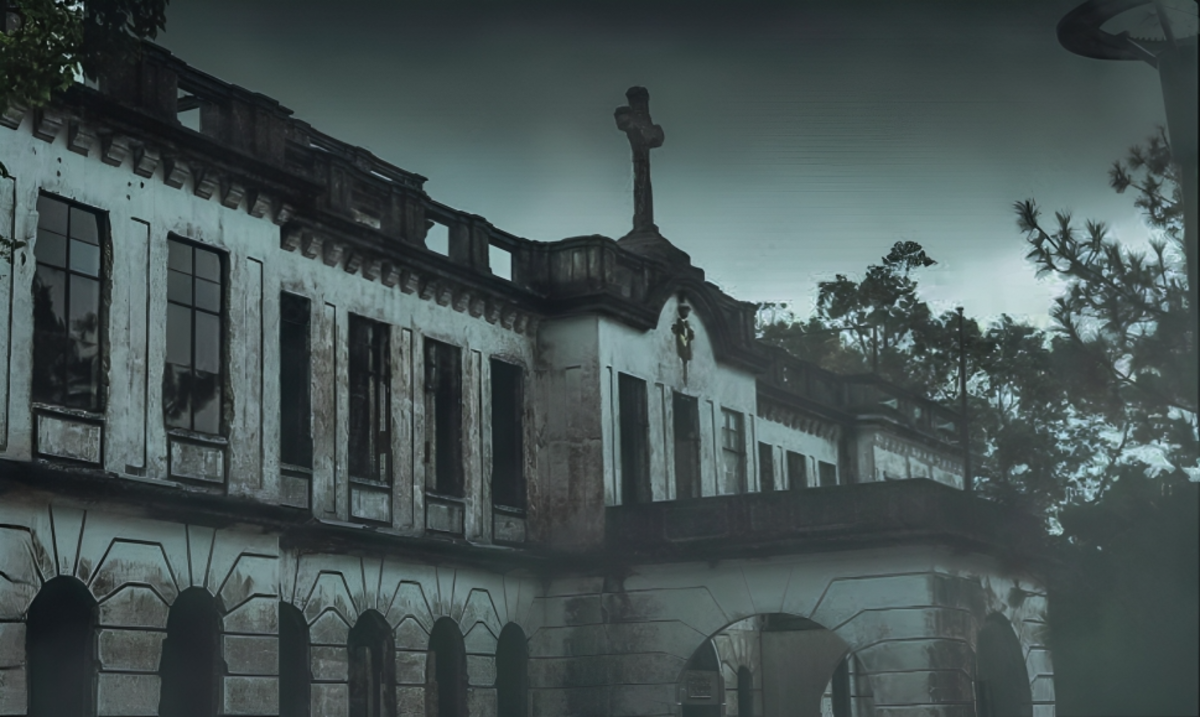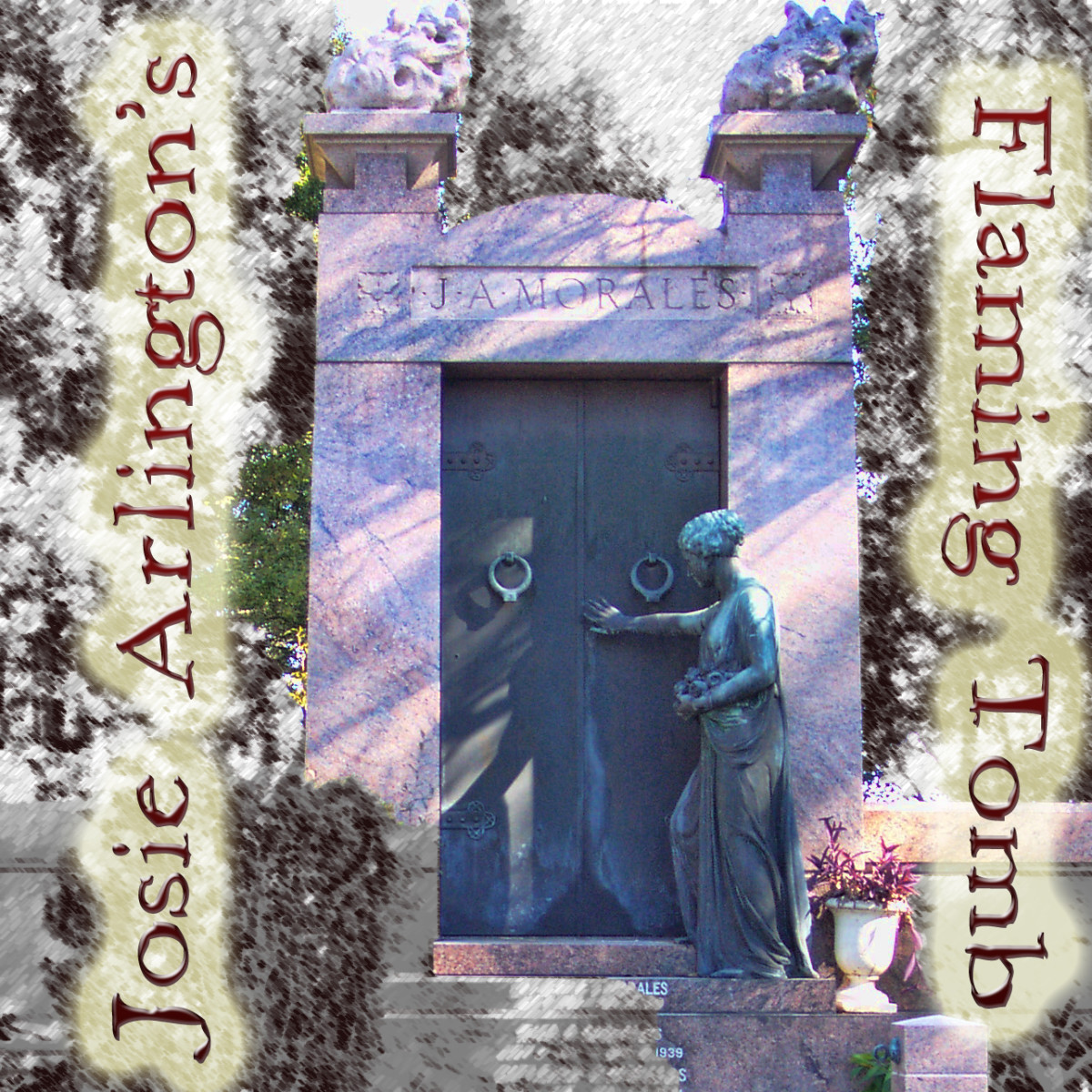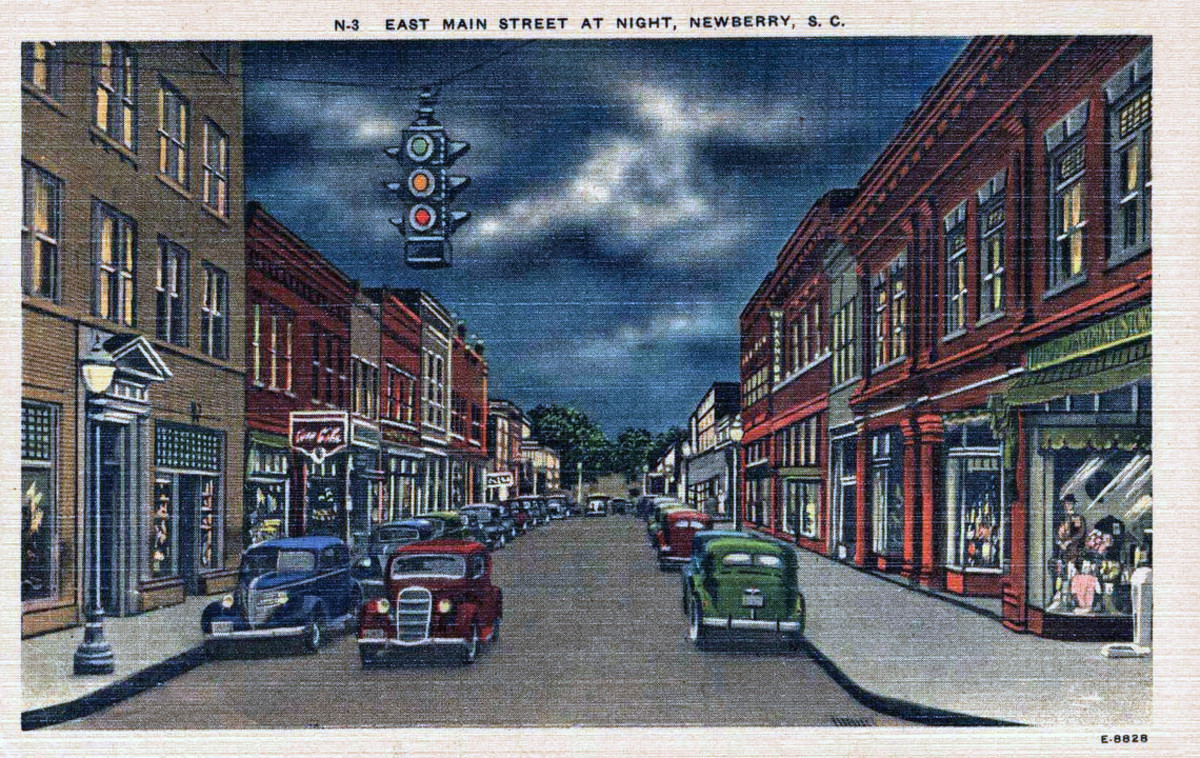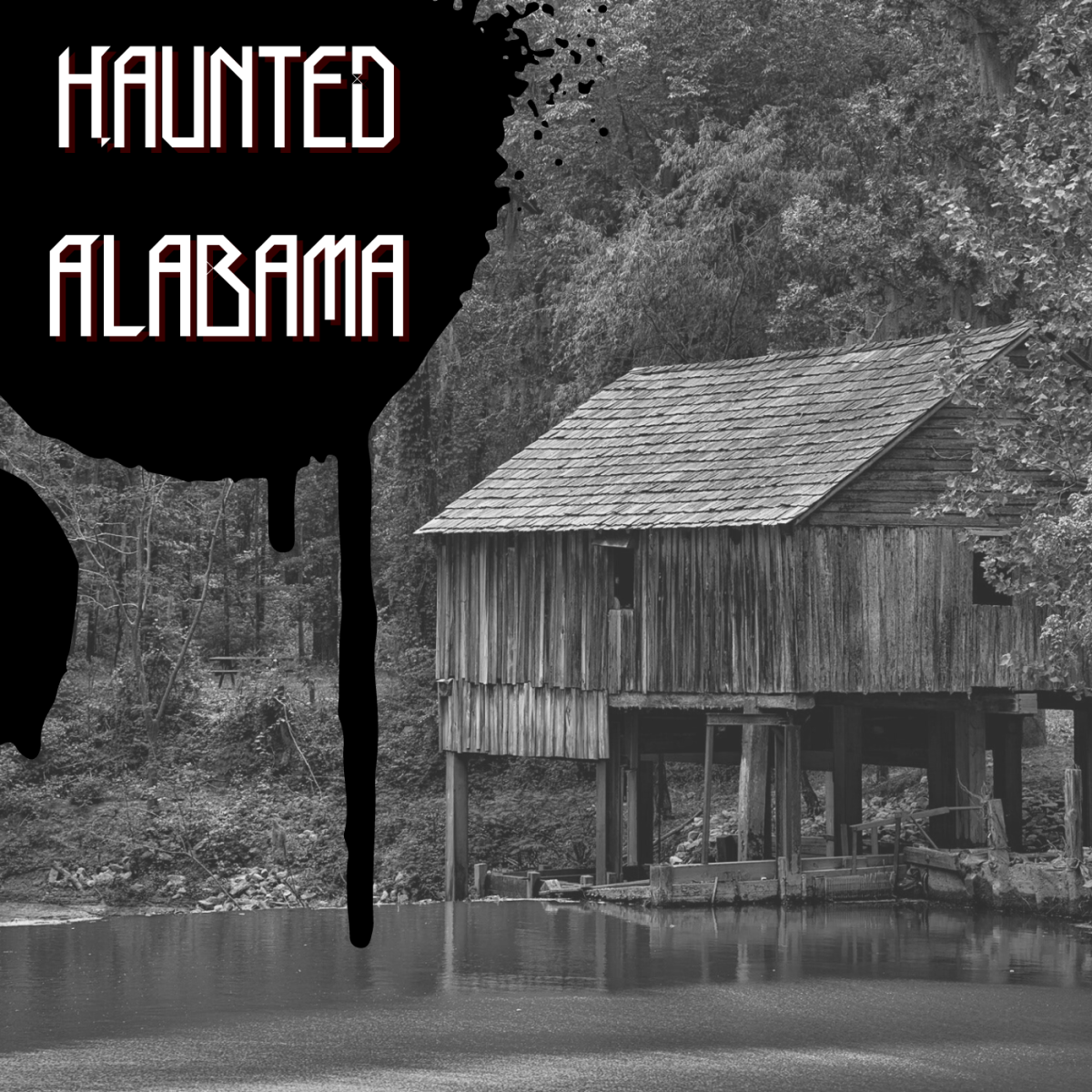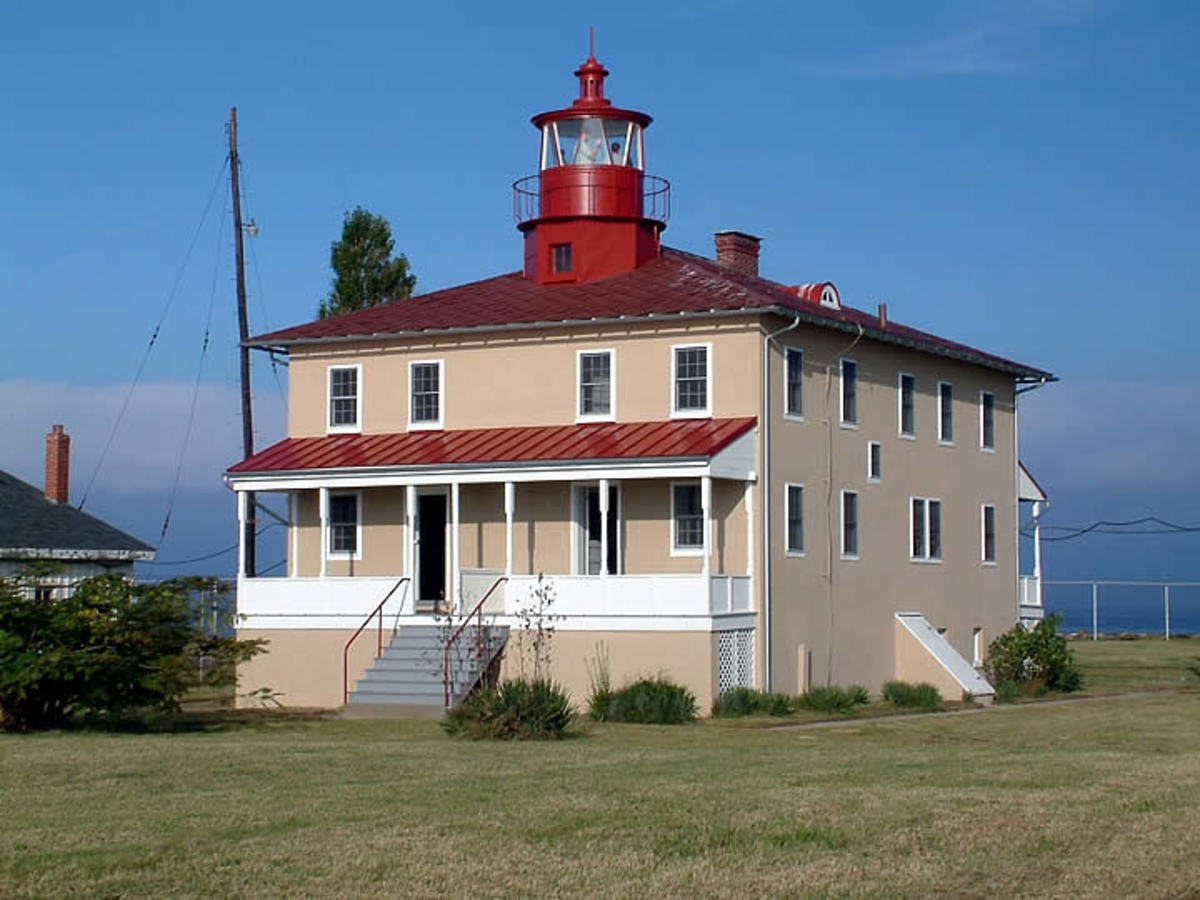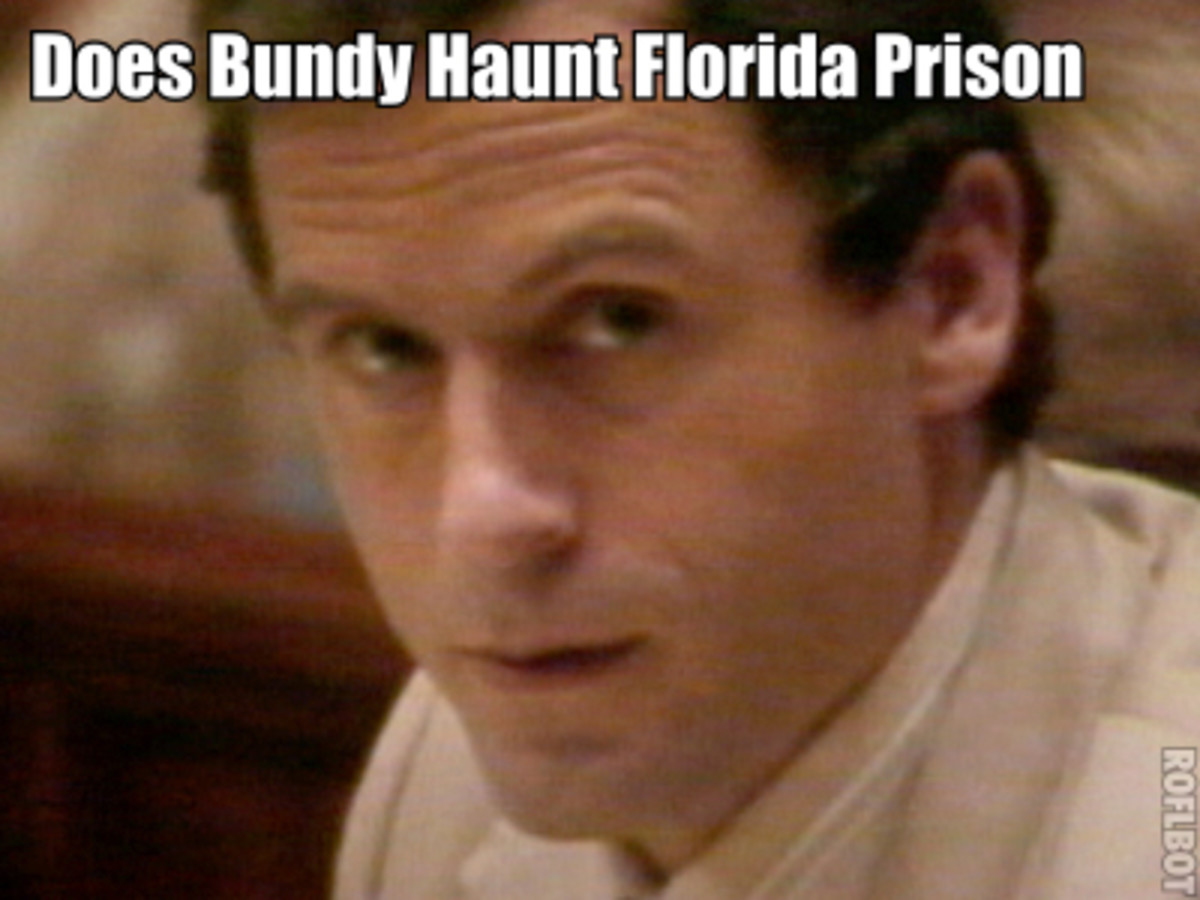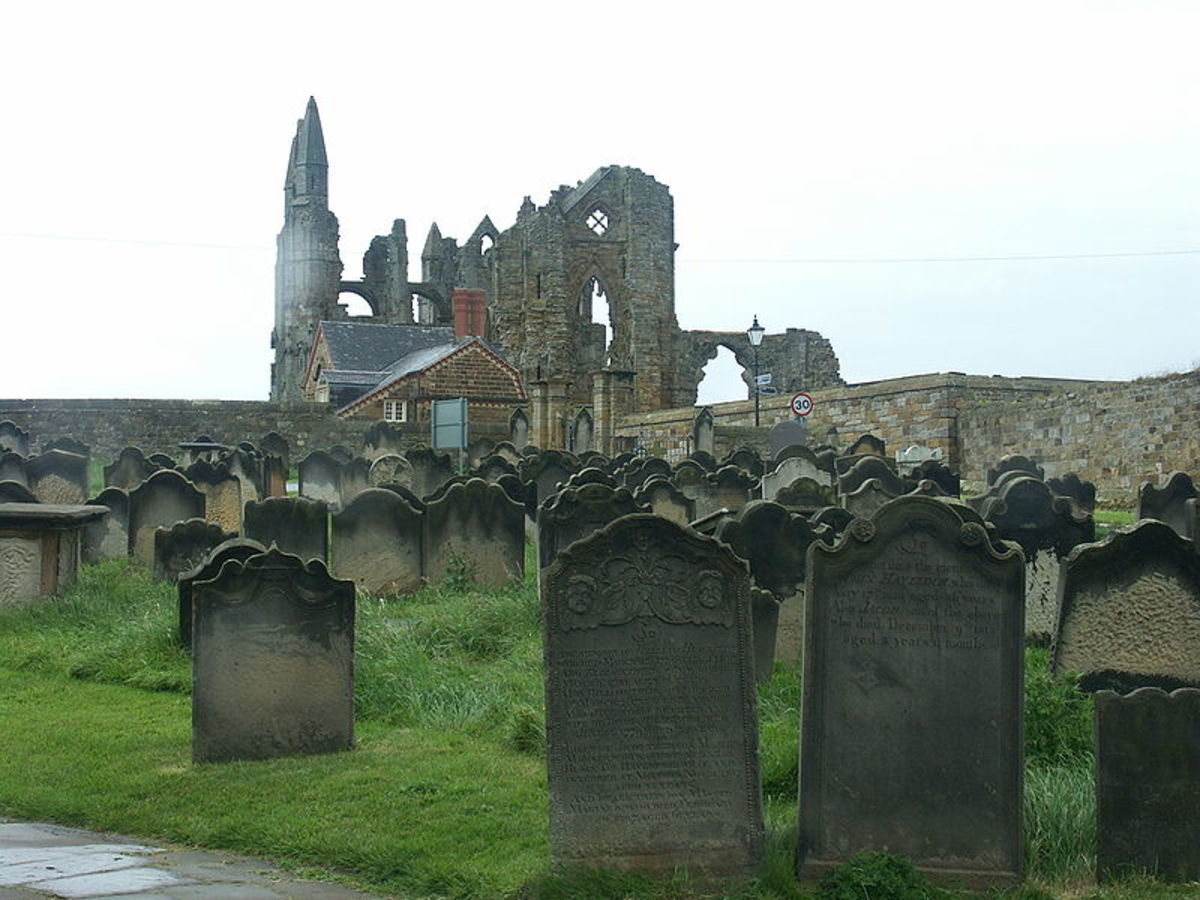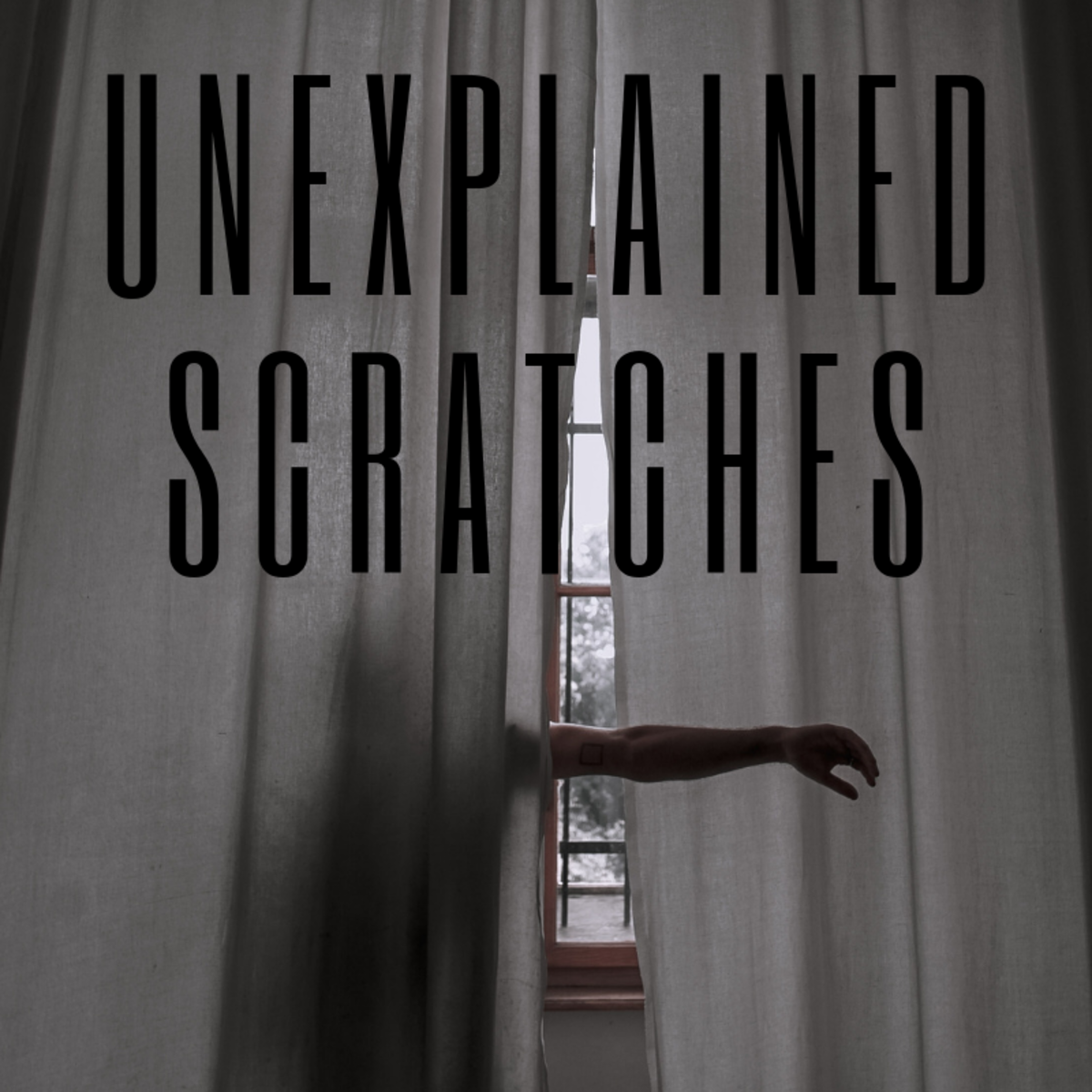New Orleans' Haunted History
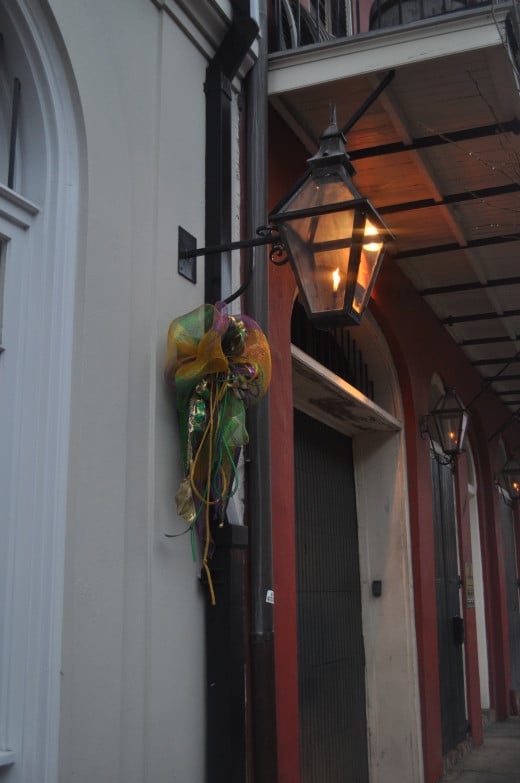
Why is New Orleans such a spiritual hub?
Good question.
Unfortunately, there's no straight forward answer but those who investigate claims of the supernatural have developed lists of conditions in the physical world that appear to have ramifications in the afterlife. We can't really prove any of these, but it just so happens that the city of New Orleans scores high in each of these categories:
- Widespread disasters
- Personal trauma
- High emotions
- Openness to experiences
- High water table

This page is just the "why"...
Not the "what."
We have dozens upon dozens of "Haunted History" type stories, and I'll be going into many of them- this page isn't about the specific tales, but if you look down at the bottom of the page, you'll find links to an ever-growing list of related pages!
It's my aim to tell you both the verified history of the location as well as the lore that's sprung up around it while providing whatever pictures I can- then you can decide what you think's really going on there.
All photographs on this and all pages were taken/owned by myself, including this one above of the most haunted site in the city- the Lalaurie Mansion!
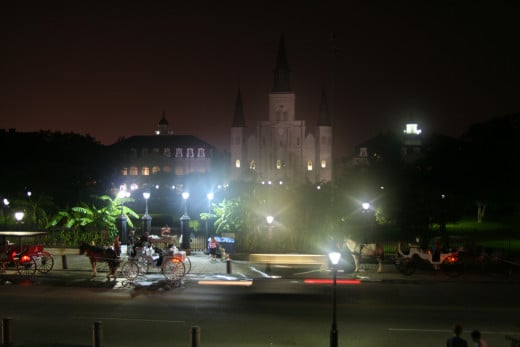
1) Widespread disasters
In its nearly 300 years, New Orleans has had more than its share of heartbreak and major disasters that have impacted all of its residents.
We had not one but two fires called the "Great New Orleans Fire." In 1888, the first destroyed 856 of the 1100 buildings in the city; six years later the second one burned most of what was left.
Every summer there were cases of Yellow Fever- a horrible way to go: bleeding from your eyes, nose and mouth, plus vomiting great gouts of black blood and bile, followed by yellowing of the skin and eyes, hallucinations and wracking abdominal pains.
Some years there were only a few deaths but some others had hundreds if not thousands. The worst was in 1853 when 7,849 people died- 1 out of every 19 people in the city.
There were hurricanes periodically, and flooding.
There is a belief that all of these kinds of trauma have a tendency to raise the spiritual activity in an area- people who died quickly, in terror/fear/pain, often with little or no warning- these spirits leave an impression on the site that can be picked up for generations to come.
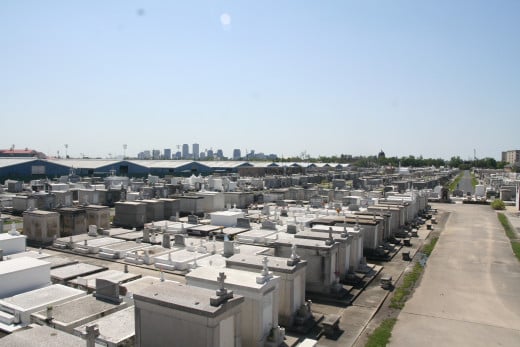
2) Personal trauma
New Orleans has always been a tough town, fully of rough river trade, pirates and other questionable types. Crime has always been an issue, and we have some damn strange killers in our history, including an axe murderer.
All of which pales compared to the everyday horrors of slavery, of course.
If citywide trauma sets the stage for haunted activity, it's these individual traumas that are the actors on that stage. Rarely do you hear of someone complaining of a Yellow Fever victim vomiting blood in their living room, but a shooting being reenacted in that same house is fairly commonplace.
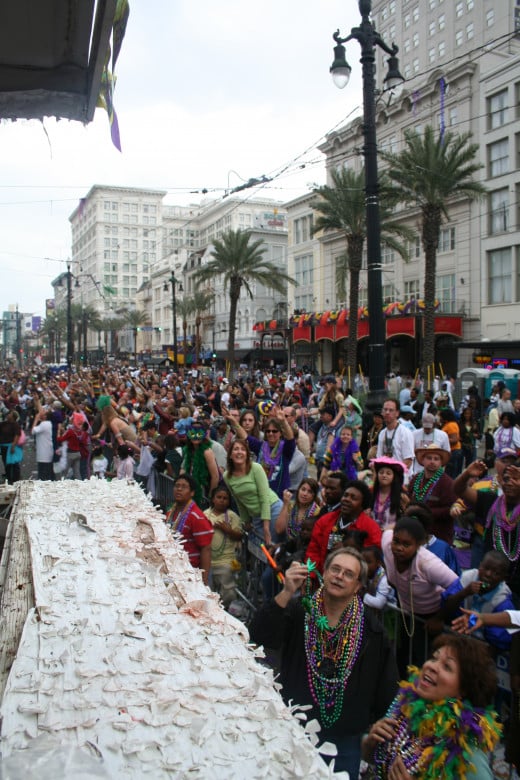
3) Strong emotions
If you just read the first two points, you might wonder what sane person would want to live in such a place?
When New Orleans was young, the answer to that question was "nobody!"
The city was used as a punishment and was effectively a penal colony. The lazy, the drunkards, the criminals- easier to ship them to the New World than deal with them at home. Prostitutes were sent to try to keep their appetites sated and were the only women in the city- in trying to civilize his colony, Bienville wrote the French Crown, begging for "marriageable" women to be sent, as there wasn't a single "lady" to be found.
These immigrants knew their life might be quite short in this new and hostile territory. For the most part they weren't the sort to plan ahead anyway, but this gave them license to live life to the fullest.
New Orleans gradually gained respectability and people started coming willingly, but much of that feeling remained. Festivals and celebrations have always been plentiful, the drink has never really stopped flowing, so in many ways life has always been a series of extremes.
To paraphrase Nietzsche*:
Ah, New Orleans. It makes the highs higher, and the lows more frequent.
*The actual quote begins "Ah, women." But New Orleans is a lady, too, n'est pas?
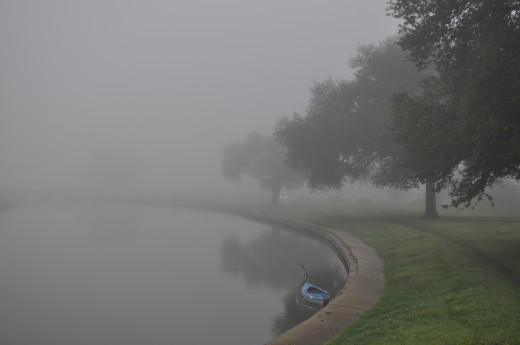
4) Openness to experiences
You can have as many spirits around as you have living citizens, and if you're not open to seeing what's there, you never will.
Here in New Orleans, there's always been a much different relationship to death and family members who've 'passed on.'
At the core of Voodoo is a belief that those who've passed on can help and guide their descendants, so honor must be paid, and the living often talk to the dead, looking for signs of their presence. Sadly, Voodoo is now practiced mostly for the tourists' benefit, but it used to be an everyday part of life- many rites were even held inside churches, at the altar, beliefs in both religions co-existing in harmony.
All Saint's Day- the day after Halloween- is an important Catholic Holy Day in an extremely Catholic city. After mass, huge extended families would go out to the graveyards to pay respect to their ancestors.
Together, they would clean the tombs, reapplying plaster and whitewash while kids played and picnic basket contents were spread. Because travel was difficult, November 1st was the only time many got to see family from out of town, so these trips to the cemetery were something people looked forward to as happy events.
There was a sense of community even in death because ... well, when you know they'll be buried in that same tomb you're cleaning- talk about having skin in the game! A grave in New Orleans is owned by an entire family, so you can see literally dozens of names on a single tomb.
This, too, is a tradition that's largely gone away. Many families have died out or moved away, so the old tombs are in a terrible state. Newer tombs are covered under "Perpetual Care" agreements, maintained by the cemetery staff and not individual families.
Still, with so many people listening and paying attention to the dead, is it any surprise when they decide they have something to say?
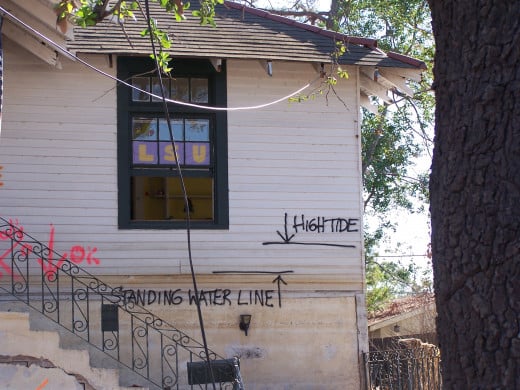
5) High water table
Most ghost hunters agree that spirits need to collect energy to manifest- batteries from electronics get drained dry, mediums will often make gifts of fruit or high-sugar foods to assist communication.
Some of these groups have a theory that having a lot of water around boosts the ethereal signal as well- after all, water is a fantastic electrical conductor, and if that's what ghosts need, the more of it, the better, right?
Well, it's hard to get more water logged than New Orleans- we have the Mississippi River on one side, the lake on the other and marsh all around. If that wasn't enough, we're basically a skim of soil floating on top of yet more water- we have no bedrock here.
Not to mention that in the summer you feel like you need to develop gills because it's so humid that you feel like you're drinking your air, not breathing it.
If it's ever proven that water really is a factor, I think we might hold the title of "most water logged spirit capital!"

